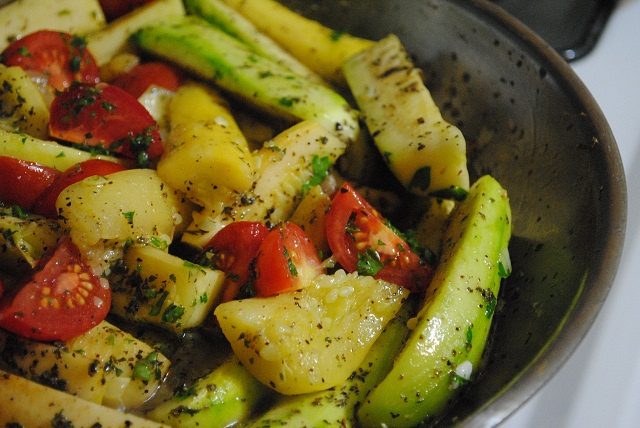Today, I want to talk about something that is close to my heart - Halal food. I have always been fascinated by the concept of Halal and what it means for the food we consume. Halal food is not just a dietary requirement for Muslims, but it goes beyond that. It is a way of life that promotes ethical eating and ensures that only clean and permissible food reaches our plates.
So, what exactly is Halal food?
In simple terms, Halal food refers to any food that is permissible according to Islamic law. This means that the food should meet certain criteria and be prepared in a specific way. For example, the animal being used for meat should be slaughtered in a particular manner, with a sharp knife and by cutting the throat, so as to minimize the animal's suffering. Additionally, any ingredients used in the preparation of the food should also be Halal, meaning they should not contain any forbidden substances.
Halal food is not limited to just meat dishes; it applies to all kinds of food. From fruits and vegetables to desserts and snacks, there are plenty of delicious Halal options available for everyone to enjoy. The best part is that Halal food is not only limited to specific cuisines. You can find Halal versions of Italian, Indian, Chinese, and even American cuisine!
Why is Halal certification important?
When it comes to dining out, it can be challenging for Muslims to find Halal restaurants. This is where Halal certification plays a vital role. A Halal certification ensures that the restaurant follows the necessary guidelines and procedures to provide genuine Halal food. This certification gives customers the peace of mind that the food they are consuming is indeed Halal and meets all the requirements.
Now, let me share with you a few tips if you are planning to open a Halal restaurant. These tips will help you ensure that your restaurant caters to the needs of the Muslim community and provides them with a truly Halal dining experience.
1. Understand the concept of Halal
Before you open a Halal restaurant, it is crucial to have a deep understanding of what Halal food entails. Familiarize yourself with the dietary restrictions, rules, and ingredients that are permissible. This knowledge will help you make informed decisions when it comes to menu planning and food preparation.
2. Source Halal ingredients
It is essential to source Halal ingredients from certified suppliers. Make sure that the meat and other ingredients you are using meet the Halal standards. This will give your customers the confidence that they are consuming genuine Halal food.
3. Create a separate preparation area
In order to maintain the integrity of Halal food, it is advisable to have a separate preparation area in your kitchen. This will prevent any cross-contamination and ensure that the Halal food remains pure and free from any non-Halal substances.

4. Train your staff
Proper training of your staff is crucial when it comes to serving Halal food. Make sure that they understand the importance of following the Halal guidelines and are aware of any dietary restrictions and requirements.
5. Spread the word
Once your Halal restaurant is up and running, it is important to spread the word and let people know about it. Reach out to the Muslim community and let them know that you are offering genuine Halal food. Utilize social media platforms and local advertising to create awareness and attract customers.
In conclusion, Halal food is not only a dietary requirement but a way of life that promotes ethical eating. With the right knowledge, ingredients, and procedures, opening a successful Halal restaurant is definitely achievable. So, why not indulge in some delicious Halal food and experience a culinary journey like never before?
